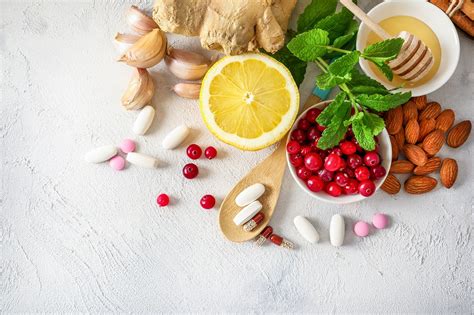How to naturally elevate testosterone for peak male performance & drive?

Understanding Testosterone’s Crucial Role
Testosterone, the primary male sex hormone, plays a pivotal role far beyond just sex drive. It influences muscle mass, bone density, fat distribution, red blood cell production, mood, and cognitive function. As men age, testosterone levels naturally decline, often leading to symptoms like decreased energy, reduced libido, difficulty building muscle, and changes in mood. While synthetic treatments exist, many men seek natural, sustainable ways to optimize their hormonal balance for peak performance and overall well-being.
The good news is that several evidence-based lifestyle modifications can significantly impact your body’s ability to produce and regulate testosterone. By focusing on diet, exercise, stress management, and sleep, you can empower your body to reclaim its vitality and drive.

Optimize Your Diet for Hormonal Health
Nutrition is the bedrock of hormone production. A balanced diet rich in specific nutrients can provide the building blocks your body needs:
- Healthy Fats: Cholesterol is a precursor to testosterone. Incorporate monounsaturated and saturated fats from sources like avocados, nuts, olive oil, and grass-fed meats. Avoid trans fats.
- Protein Power: Adequate protein intake supports muscle maintenance and growth, indirectly aiding testosterone. Focus on lean meats, fish, eggs, and legumes.
- Micronutrient Focus: Zinc and Vitamin D are critical. Zinc is vital for testosterone production, found in oysters, red meat, and pumpkin seeds. Vitamin D, actually a hormone, is linked to higher T-levels; get it from sunlight exposure, fatty fish, and fortified foods. Magnesium also plays a role in free testosterone levels.
- Limit Sugars & Processed Foods: High sugar intake can lead to insulin resistance and inflammation, both detrimental to testosterone levels.
Strategic Exercise for Testosterone Boost
Not all exercise is created equal when it comes to hormone optimization. Focus on these types:
- Strength Training: Compound movements like squats, deadlifts, bench presses, and rows, performed with heavy weights and proper form, are highly effective. Aim for 3-4 sessions per week, focusing on progressive overload.
- High-Intensity Interval Training (HIIT): Short bursts of intense exercise followed by brief recovery periods can significantly elevate testosterone and growth hormone.
- Avoid Chronic Cardio: While beneficial for cardiovascular health, excessive long-duration endurance training can sometimes depress testosterone levels, especially without adequate recovery and nutrition.

Lifestyle Adjustments: Sleep, Stress & More
Beyond diet and exercise, daily habits profoundly impact testosterone:
- Prioritize Quality Sleep: Testosterone production largely occurs during deep sleep. Aim for 7-9 hours of uninterrupted, quality sleep per night. Poor sleep dramatically lowers T-levels.
- Manage Stress Effectively: Chronic stress elevates cortisol, a hormone that directly competes with testosterone and can suppress its production. Incorporate stress-reducing practices like meditation, deep breathing, yoga, or spending time in nature.
- Maintain a Healthy Weight: Excess body fat, particularly around the abdomen, can increase the enzyme aromatase, which converts testosterone into estrogen. Losing weight can reverse this.
- Limit Alcohol Consumption: Excessive alcohol can disrupt the endocrine system and impair testosterone production.

Consider Natural Supplements (with Caution)
While diet and lifestyle are paramount, certain supplements may offer additional support, but always consult a healthcare professional before starting any new regimen:
- Vitamin D: If sunlight exposure is limited, a supplement can be beneficial.
- Zinc: Particularly if you have a deficiency or are an athlete.
- Magnesium: Can help increase free and total testosterone levels.
- Ashwagandha: An adaptogenic herb shown in some studies to reduce cortisol and increase testosterone.
- Fenugreek: Some research suggests it can improve libido and testosterone levels.
Remember, supplements are meant to complement a healthy lifestyle, not replace it.

Monitoring Progress and Staying Consistent
Embarking on a journey to naturally elevate testosterone requires patience and consistency. Consider getting your testosterone levels checked by a doctor before and a few months into implementing these changes to track your progress. Pay attention to how you feel – increased energy, improved mood, better sleep, enhanced libido, and easier muscle gain are all positive indicators.
Long-term success hinges on making these strategies sustainable parts of your daily life. It’s a holistic approach to male health that fosters not just higher testosterone, but a profound improvement in overall vitality and well-being.










